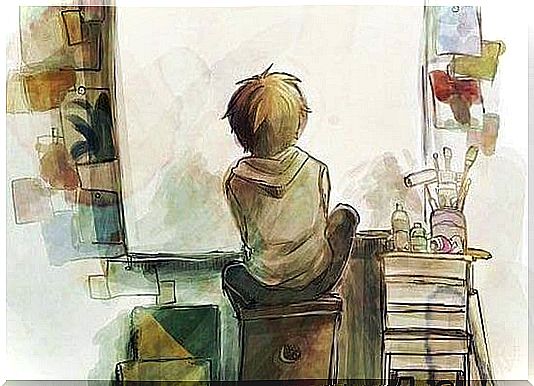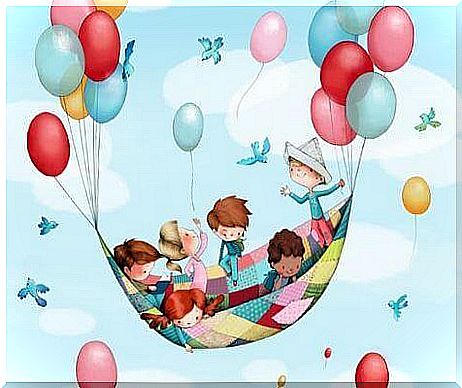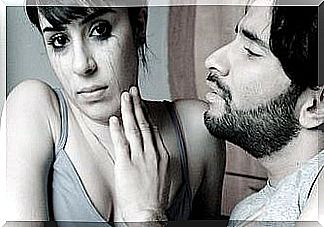Old Age Begins When We Lose Curiosity

If there is one thing that keeps us going in life it is curiosity: the desire to know new things, experiences and worlds. Curiosity is born with us and remains within us for life. When we feel that there is nothing that pushes us to discover new things, therefore, it means that we have a problem.
For this reason, the Portuguese writer Saramago said that ” old age begins when we lose curiosity “. In other words, we link the concept of youth to vitality and the desire to enjoy the world without limits; while the idea of old age is linked to empathy towards life and the loss of appetite that drives us to want to discover something more about what surrounds us.
Curiosity is the hallmark of children
Surely you have noticed that children, especially when they are small, have an incredible desire to know. They are full of an energy that drives them to ask questions about everything, to want everything, to touch everything they cross. It is normal, because they are growing up and want to understand where they are and what life can offer them.
In a sense, this is the first step in their learning as people, and we adults are responsible for nurturing that curiosity and developing it in a positive and intellectual way. In this way we too have learned to always keep our curiosity alive, which guides us and pushes us to overcome ourselves. It is this that makes us feel young, and a little ‘children: do not age.
The inverse U of curiosity
Precisely because curiosity drives us to explore the world, some studies have also been conducted to find out why we are curious. Research has allowed us to come to the conclusion, summing up, that we are more curious when we already know something about a topic and want to know more.
Curiosity in these cases can be represented as an inverse U, in which the starting point awakens in us the curiosity to know where this U goes. This factor relates to other studies that have shown that curiosity is linked to memory and learning: curiosity helps us to retain in our memory what we could call “motivated learning”, as if it were a reward.
How to feed curiosity
Having said that, you will understand why we relate old age to lack of curiosity: to stop wanting to learn means to deprive life of its meaning. It is important to always keep the curiosity alive, the one that led us from overhearing a conversation behind a door to discovering America beyond the ocean. Thanks to curiosity, studies in all fields of knowledge have made enormous strides.

The best way to feed curiosity is to stimulate it in a positive way, and this is how you should do it with children. Here are some ways to do it:
- Develop your imagination : experiment and let them experiment, try to transform daily activities into new adventures in which you learn something new every day.
- Set an example : If you want a child to learn something, accompany your words with an example. If they see that you are curious too, even in the face of little things, they will be too.
- Answer their questions : it is useless to say to a child “because I say so” or “because it is so”. In this way, you will only be able to silence him. Try to always give a coherent explanation, these explanations will slowly lead him to ask himself more questions.
- Let him do things for himself : children must discover that mistakes can be made and that they are necessary for learning. If you give him the opportunity to learn it, you will be helping him learn to handle difficult situations and, at the same time, enhance his creativity.








